For the latest news on how the new Hubs, replacing GIDS, will deliver children and young people’s gender related healthcare, visit our blog and Arden & GEM’s FAQ.
Are you concerned about a decision that your child’s school is making regarding their gender identity? We have worked with solicitors to create a template letter that you can use to set out your concerns and obtain a full response from the school.
Visit our glossary for a helpful guide to words and phrases relevant to trans young people, that may be new to you.
What is gender dysphoria?
Sometimes, transgender people feel distressed because of the difference between their gender identity and the gender or sex they were assigned at birth. This can be in relation to their bodies (physical dysphoria) or social interactions (social dysphoria) such as someone misreading a person’s gender and using the wrong pronouns.
Gender dysphoria can be experienced by younger children and this can show up in lots of different ways. Often, the thing to look out for is a persistent, insistent and consistent gender identification that is different to the one they were given at birth.
Some young people will disclose their feelings of dysphoria in their teens, often around the time when puberty starts, and this can be a very difficult challenge for the individual concerned and also those around them.
We love seeing the kids and teens we meet thriving and enjoying their lives but unfortunately, many of the teens we have interacted with over the last 25 years have struggled with depression, isolation and even self-harm and suicidal feelings. Giving them the support they need is vital if they’re to achieve their potential.
It’s important to note that, while most kids and young people we support identify as transgender, an increasing number of them are identifying as non-binary, which means they don’t identify exclusively as male or female.
Our approach is to help families face the challenges ahead, confident that they are understood, and never alone.
How will this affect me and my child?
In the short term, with your support, a lot of changes may take place, but it is important to remember that everyone is different, and the most important thing is that your child knows whatever the outcome, they are loved unconditionally for who they are.
Many families find that as time goes on, their child becomes happier and more active as they take on the correct gender identity for them. It’s not an easy route and it requires patience, time and understanding. Acceptance and support is key for your child to live to their full potential.
Knowledge and understanding in places like schools and GP surgeries is improving, but there can still be hurdles to jump and hills to climb, so don’t hesitate to contact us should you need support. We also have an in-house, non-practising legal professional who can offer their support.

Calling the helpline was immensely positive and helped me to feel strong enough to support my child to be able to start their journey.
Julia

My child is transgender. How do I best support them?
How do I help my transgender child tell their friends?
What if they change their mind?
It’s estimated by the NHS that around 1-2% of transgender people who follow a medical pathway change their mind and stop living as trans. The reasons for this are unclear but it is not always because they regretted transitioning. For some people, transitioning was part of their journey towards discovering their true identity. For others, it’s because they found being trans was too difficult in an often hostile world. Other people realise they aren’t trans and are non-binary or cisgender instead. The important thing to remember is that all journeys and identities are valid.
Supporting your child doesn’t mean they’ll take a particular direction or follow a particular medical pathway, like hormone therapy or gender affirming surgeries. Still, if they do, then medical transition in young people usually consists of taking hormone blockers after the initial stages of puberty. Hormone blockers stop the young person’s body changing in ways they don’t want it to at that time, in the hope it will alleviate any distress those changes may be causing them. Blockers simply give time for them to reflect; they can stop at any point and a puberty typically associated with the gender they were assigned at birth will resume. We do not offer advice on medical choices and defer to NHS advice in all cases.
Further medical steps can be taken via NHS specialists in a staged approach. This is done with full knowledge, consent and guidance at every step of the way. Currently the NHS requires someone to be ‘around 16’ before they can commence on hormone replacement therapy. Some people then progress on to physical affirmation surgeries however, the NHS does not typically commission this for anyone under the age of 18.
At Mermaids, we believe in allowing young people to make the right choices for them, without feeling any pressure to be what others might expect them to be. We have supported countless kids over the years and each and every one of them has followed their own unique path.
But I didn’t realise.
Some children or teens will actively try to hide the way they feel because they’re aware that it isn’t widely accepted.
Teenagers are often afraid that divulging information about their gender will result in their parents not supporting them or disowning them. Unfortunately we are aware that a number of teens are in this situation. It’s important to know that they will talk to you when they are ready and will be grateful for your support.
Is it ok to feel upset?
It’s a big thing for your child to tell you. It doesn’t make you a bad parent to be upset, worried or even feel grief.
The fact that you’re here reading this means that you’re supporting your child regardless of your fears for their future. We are here to provide strength and understanding in what may be a difficult situation for you, your child and your family.
Discovering that you are not alone will hopefully be of comfort to you, and sharing experiences with other families in the same position as you may help your own understanding.

Talk. Share. Listen.
The Mermaids’ parent/carers forum is a safe space for you to ask questions, talk about how you are doing and share experiences with others in the same or similar circumstances.
What should I do if my transgender child is bullied?
Thank you for your help and for being there when no one else was.
It’s great to know we’re not alone.
Speaking to others who have experienced a similar journey from both a child and parents perspective has really helped us to cope.
Calling the helpline was immensely positive and helped me to feel strong enough to support my child to be able to start their journey.
Residential weekends
Mermaids organises residential weekends for families with children and young people up to (and including) the age of 19. These inclusive weekends provide an opportunity for families, including siblings, to relax in an environment that is free from judgement and where the everyday pressure to conform or explain is removed. A variety of speakers are invited to attend, not only to show that being transgender is something to be celebrated, but also to empower and enable families and young people to find the right pathway for them. We have lots of fun activities for young people and teens, and there are many chances to learn from professionals, peers and people at various stages of their gender journey.
Local groups
We run local groups at a number of locations nationwide. Families with younger children and teens aged 16 or over can attend. They have to be members of Mermaids, and have undergone the checks required to join either the parents or teens groups. For more information on local groups, please contact us.
Which terms should I use to make my transgender child feel comfortable?

Resources and Downloads
We’ve collected a group of useful links, videos and articles which may help you as a parent or guardian.

Mermaids is a charity and relies on the help and support from the community.
Your donation goes directly towards helping thousands of transgender, non-binary and gender-exploring children, young people and their families.
Donate Now
